Fracking Uncovered Truths
Explore the world of fracking with us. Learn about the benefits and drawbacks of this controversial practice. Join the discussion and take action for a better environment. As Students at California State University: Los Angeles, we are dedicated to informing the public on the costs and benefits of Fracking.
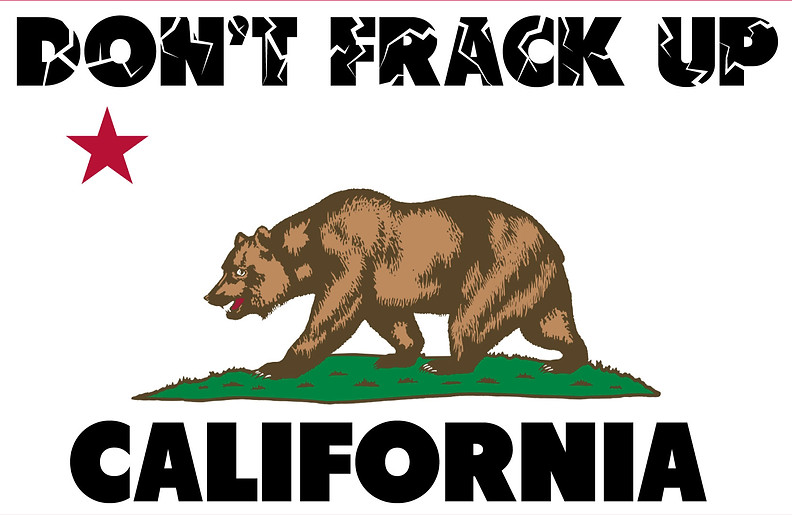

Fracking is a method of extracting natural gas and/or oil from the ground. Drills are used to pump water and other chemicals into the ground in order to force natural gas and oil out of the ground so that it can be extracted. This done by drilling a well that is later filled with a steel/cement casing. These casings have holes drilled in the sides of them in order for the mixture of water, chemicals, and sand to pass through into the ground. The pumping of this mixture then creates cracks in the ground that open up existing pockets of oil/natural gas. These resources then flow back into the well so that they can be extracted and processed.

These diagrams gives a simplified looking into how fracking works.
What is Fracking?
Why Fracking Hurts
Fracking may boost energy production, but it comes with serious risks to health and the environment:
Water Contamination
-
Fracking fluid contains toxic chemicals, some of which can leak into groundwater.
-
Methane, a flammable gas, has been found in drinking water near fracking sites.
Air Pollution
-
Fracking releases volatile organic compounds and methane, a greenhouse gas over 80 times more potent than carbon dioxide in the short term.
Earthquakes
-
The disposal of fracking wastewater into deep wells has been linked to induced seismic activity, especially in states like Oklahoma and Texas.
Lack of Transparency
-
Companies often don’t disclose the chemicals they use, citing "trade secrets," leaving communities in the dark.
Who’s Affected?
-
Rural and low-income communities are disproportionately impacted.
-
Families living near fracking sites report nosebleeds, respiratory issues, skin problems, and anxiety about long-term health.
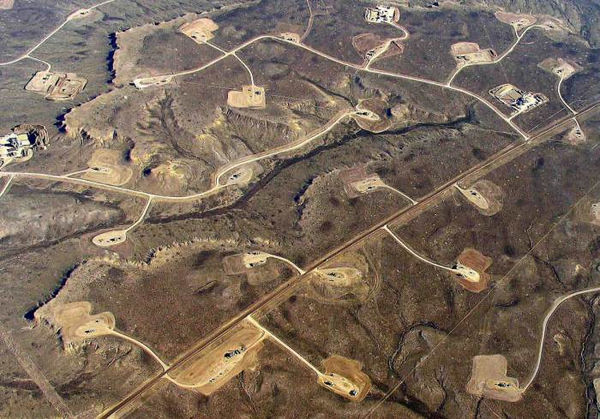
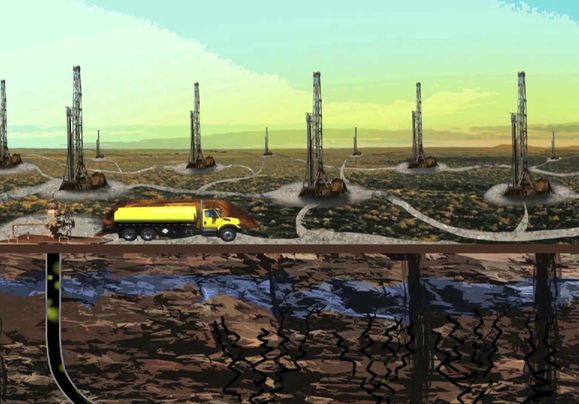
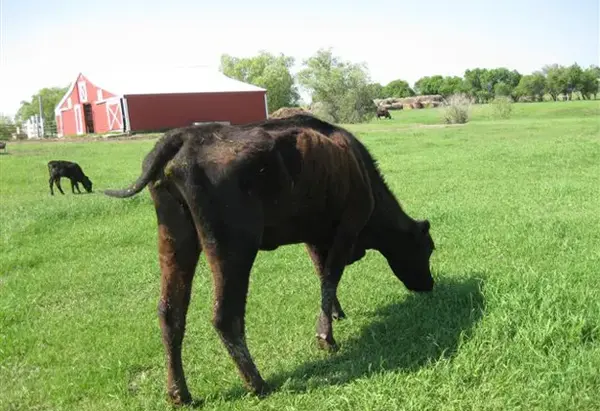

Who is Responsible?
PRO-FRACKING POLITICIANS
Joe Manchin (D)
-
Former West Virginia senator and business man, has been a supporter for fracking in the state of West Virginia and in the United States. When addressing President Biden in 2021 he is quoted, “I encourage you to bear in mind the many benefits of responsible domestic natural gas production as you consider any future executive or administrative action, and I look forward to working with you to achieve our shared goals of energy security, economic growth, and global emissions reductions.”
Greg Abbott (R)
-
Governor of Texas since 2015, and an outspoken supporter of fracking. In his first year as governor he helped to pass H.B. 40, which made fracking bans illegal in the state of Texas. All decisions regarding fracking are up to the Texas state legislature, rather than counties and cities.
Donald Trump (R)
-
Current president of the United States, and a very outspoken supporter of fracking. His famous quote “Drill Baby, Drill” is in reference to the drilling of shale rock for natural gas, AKA fracking. Currently the Trump administration has not signed any executive orders regarding fracking, but his stance remains strong. He believes that with relaxed fracking regulations America will become “Energy Independent” and promised voters a “50% decrease in energy costs.”

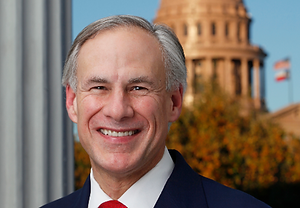



COMPANIES CONTRIBUTING TO FRACKING
Exxon Mobil
-
For over 60 years Exxon Mobil has utilized hydraulic fracking, with their global presence in North and South America, Europe, Asia, and the Middle East, they are the #1 oil company in the United States and a top competitor on the global scale. Since 1965, Exxon Mobil has been responsible for over 3000 oil spills and leakages, and has released over 40 Billion tons of carbon dioxide pollution.
Chevron
-
Founded in 1879 Chevron is an energy corporation who have utilized fracking since its foundation in 1949. Chevron mainly operates in the Permian Basin as well as Basins in the Colorado region. Chevron has been responsible for over 70 oil spills in Kern County California between 2018 and 2023.
Over 25 other corporate giant oil and energy companies utilize hydraulic fracking today.
PRO-FRACKING POLICIES
-
Energy Policy Act of 2005
The energy policy act of 2005 exempted chemicals used in hydraulic fracking from protections under the Clean Air (1963) and Clean water (1972) acts. This streamlined the fracking industry for increased growth with the relaxed regulations.
-
FERC oversight (Federal Energy Regulatory Commission)
FERC was established by the US government in 1977, they are responsible for the oversight of the interstate transmission of energy in the United States. Controversy surrounding this commission comes with their authority over the energy market, and their lack of environmental concern. Pipelines like the Dakota Access Pipeline (DAPL, a highly controversial pipeline construction in North Dakota Native American territory) are overseen by FERC, adding to the political and social controversy surrounding their oversight.
ANTI-FRACKING POLICY AND FRACKING BANS
-
2012 Vermont becomes first US state to ban fracking
-
2015 New York State bans fracking
-
2017 Maryland bans fracking
-
2019 Washington State bans fracking
-
2024 California phases out fracking
What Can You Do? Take Action!
-
Support legislation requiring chemical disclosure and groundwater testing.
-
Join or donate to groups fighting for clean water and environmental justice.
-
Share this info and demand accountability from local and state officials.
-
Sign these petitions advocating for the banning of fracking and increased accountability for big oil companies
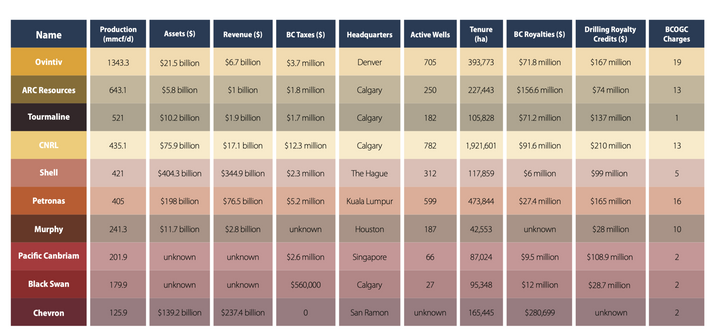
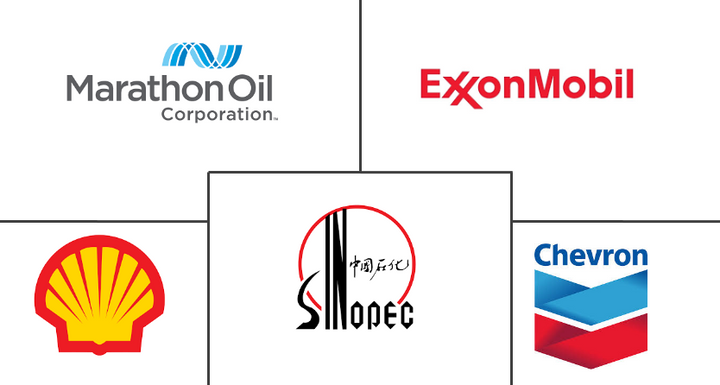
About
Our Mission
At Fracking Awareness Blog, we aim to educate the community on the impacts of fracking. Our goal is to provide accurate information in a digestible manner to increase awareness and promote informed decisions as well as encourage people to take action where they can. Help us combat fracking together!
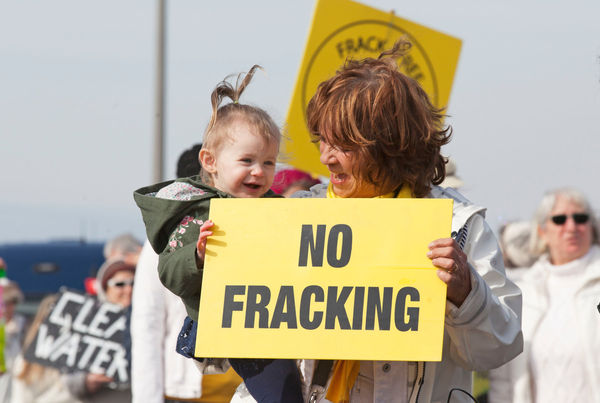
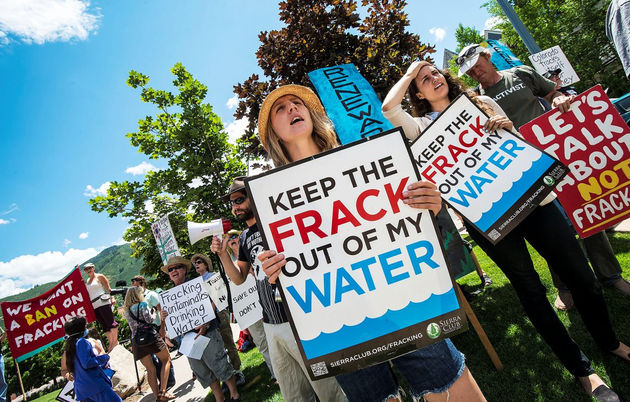
Authors
Meet Our Expert Team
Our diverse group of authors are passionate about environmental issues and committed to delivering well-researched content. Get to know the faces behind this blog.
We believe in the power of knowledge to drive change. Through sharing insights on fracking, we strive to empower individuals to take meaningful action towards a sustainable future.




Kenney Mattox
Editor
Leo Peterson
Writer
Jeremy Rodriguez
Senior Writer
Riley Roth
Editor in Chief
Kevin Yang
Head Researcher

